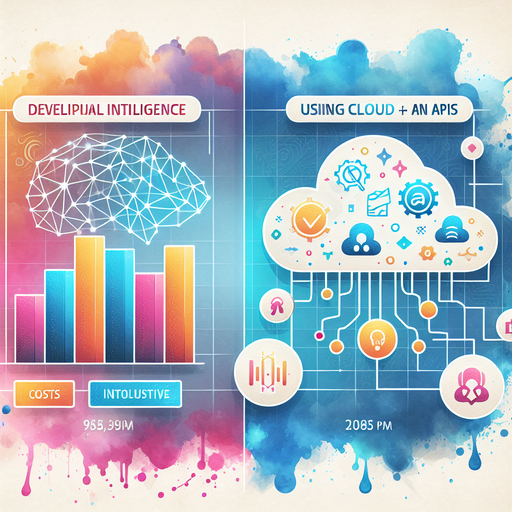The software-as-a-service (SaaS) industry is undergoing a profound shift driven by recent advances in artificial intelligence (AI) and machine learning. As these technologies mature, they are enabling startups to build more intelligent, customizable, and cost-effective SaaS solutions. However, effectively leveraging AI requires startups to rethink their data, integration, and ethical strategies.

Intelligent and Customized SaaS
One of the biggest impacts of AI is the ability to create more tailored user experiences. By analyzing customer data and usage patterns, SaaS platforms can understand each customer's unique needs and preferences. They can then leverage techniques like recommendation engines, personalization, and predictive analytics to customize the platform to each user.
For example, an e-commerce SaaS tool could monitor a user's browsing history and purchase patterns. It could then tailor product recommendations, search results, and promotions to match their interests. This creates a more engaging, sticky user experience.

The Data Challenge
While AI promises more intelligent SaaS platforms, realizing this requires startups to overcome key data challenges. First, they need access to rich, high-quality training data. This is often difficult for younger startups to obtain. Strategic partnerships with companies that have complementary data can help overcome this hurdle.
Startups also need the skills to preprocess raw data into a format usable for AI. They must clean, label, and structure data before it can be ingested by machine learning algorithms. Mature data practices are critical.

Integration with AI Services
Rather than building AI capabilities from scratch, startups can leverage pre-trained models and APIs from the major cloud providers. For example, tools like Amazon SageMaker, Azure Cognitive Services, and Google Cloud AI allow startups to quickly integrate capabilities like natural language processing, computer vision, and predictive analytics.
The challenge lies in smoothly integrating these AI services into the SaaS architecture. Startups must ensure their data and interfaces are compatible and that insights are delivered to users in a sensible way.
Ethical Considerations
As AI becomes a bigger part of SaaS platforms, startups must also prioritize ethics and transparency. Issues like bias in data/models, user privacy, and responsible AI practices should be considered early on.
Maintaining explainability and auditability of AI systems is important for building user trust. AI governance frameworks and oversight processes should be implemented.
While AI enables more advanced SaaS platforms, it requires startups to carefully consider data strategy, integration, ethics, and the user experience. With proper planning, AI can provide startups with a significant competitive advantage.




